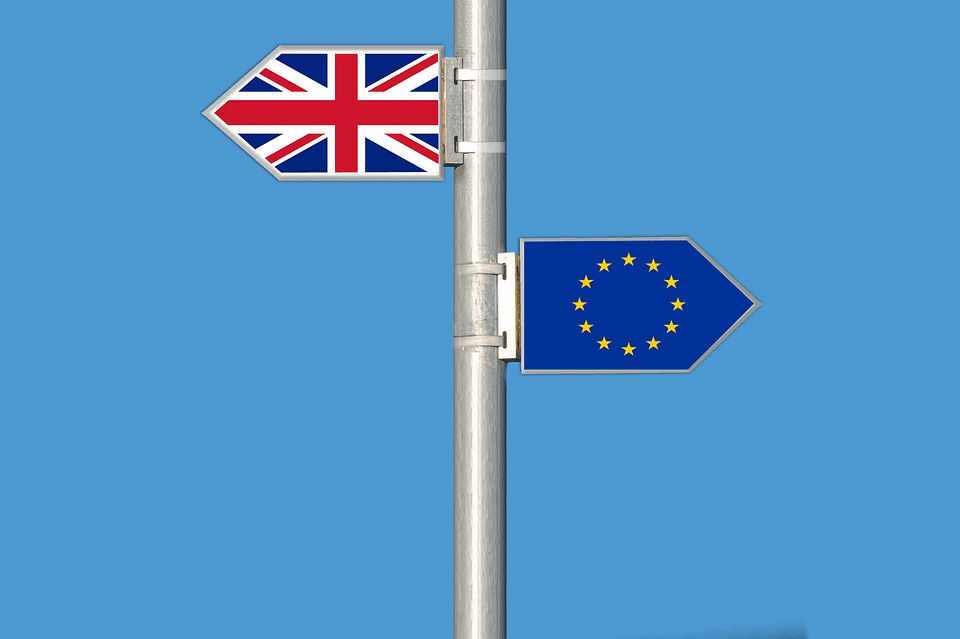 The EU Withdrawal Agreement Bill (WAB) passed its third reading in the Commons last night. It will now be considered by the Lords, but even if they decide to try to amend it, with the size of the government’s majority in the Commons, the amendments will be rejected. This means that the UK will cease to be a member of the EU on the last Friday of the month. That will trigger negotiations between the UK, as a third party state, and the EU to try to determine a comprehensive free trade agreement between them which, Brexiters hope, will deliver the benefits of EU membership without the responsibilities or subscription fees.
The EU Withdrawal Agreement Bill (WAB) passed its third reading in the Commons last night. It will now be considered by the Lords, but even if they decide to try to amend it, with the size of the government’s majority in the Commons, the amendments will be rejected. This means that the UK will cease to be a member of the EU on the last Friday of the month. That will trigger negotiations between the UK, as a third party state, and the EU to try to determine a comprehensive free trade agreement between them which, Brexiters hope, will deliver the benefits of EU membership without the responsibilities or subscription fees.
The government is adamant that it will not agree to extend the transitional period beyond the end of the year. The EU has patiently explained that the time is insufficient to negotiate the extensive FTA that the UK says it wants in that time. If there is no agreement, the UK will crash out of the transitional period on New Year’s Eve to a trading relationship based on WTO rules which will bring with it tariffs and quotas. The EU has said that the kind of deep relationship that the UK wants with it would require the UK to agree to “level playing field” requirements which would maintain standards and rights much as they are now. However, the UK also wants to diverge from this point which will strain trading relationships between the two. It wants to do this to facilitate trade with distant nations (such as the USA, Canada, New Zealand and Australia), the lacuna in this logic is obvious.
The UK stated this week that it wanted to continue to participate in the Erausmus educational exchange programme, yet refused an amendment to the WAB to this effect. Whilst stating that it wants to sign an ambitious trade agreement with the USA, it has also publically stated that it will continue to ban certain US agricultural products (notably, beef raised using hormones and poultry disinfected after slaughter by a chlorine wash) – for the Americans, greater penetration of their agricultural produce into the UK market would be an aim of the trade agreement.
Mr Johnson is about to discover publicly what he must surely always have known in private: you can’t have your cake and eat it.
If EU/UK talks fail and there is no extension to the transitional period, the value of Sterling is likely to tank. The only way to put a floor under it will be to significantly raise interest rates, this pushes up business borrowing costs, loans and mortgages. It risks a housing crash since many home owners with mortgages are currently paying just about all they can afford to service their mortgages – when mortgage interest rates are at historically low level. Whilst the value of Sterling in the UK has little immediate consequence, a depreciating currency drives up the costs of imported goods which often have to be paid for in Dollars or another currency. Consequently, a falling Pound will have an inflationary effect on the UK economy. Ah well, Brexit means Brexit, will of the people and all that…
